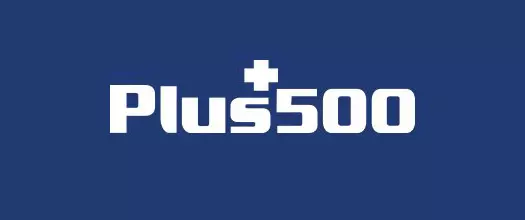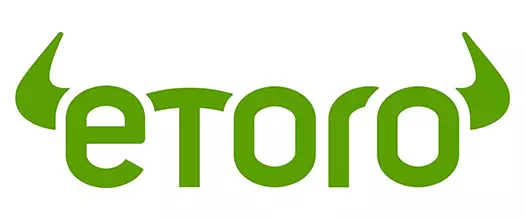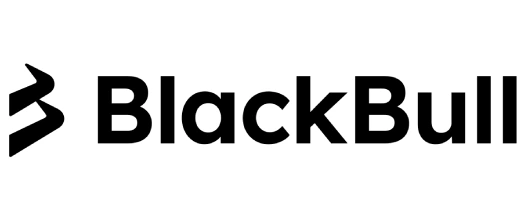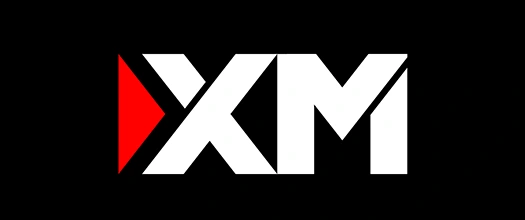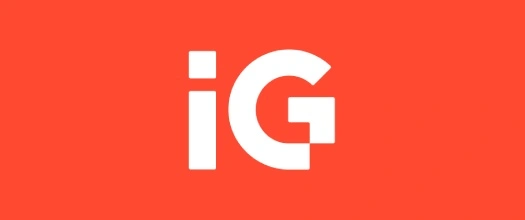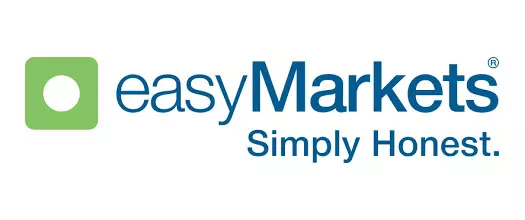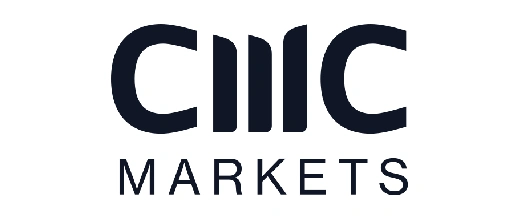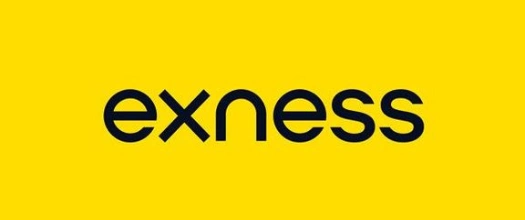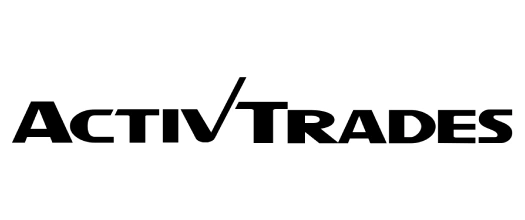- Jump to:
- Main Features
- What Are Market Maker Brokers?
- Market Makers vs ECN Brokers
- Pros
- Cons
- Who Should Opt for Market Maker Brokers?
- Tips
- Final Thoughts
The Forex market has a diverse range of traders; therefore, there are different types of brokers to meet traders’ requirements. Market-maker Forex brokers stand out among them for their unique approach to handling trades. Whether you are a beginner or a veteran trader, knowing how market makers operate can help you decide whether this type is the right fit for your strategy.
 Plus500 USThis content applies only to Plus500 US and clients from the United States. Trading futures involves the risk of loss.
Plus500 USThis content applies only to Plus500 US and clients from the United States. Trading futures involves the risk of loss. eToro50% of retail investor accounts lose money
eToro50% of retail investor accounts lose money BlackBull MarketsTrading leveraged products is risky
BlackBull MarketsTrading leveraged products is risky XM Group72.82% of retail investor accounts lose money
XM Group72.82% of retail investor accounts lose money IG67% of retail client accounts lose money when trading CFDs with this investment provider.
IG67% of retail client accounts lose money when trading CFDs with this investment provider. easyMarkets71% of retail investor accounts lose money
easyMarkets71% of retail investor accounts lose money AvaTrade76% of retail investor accounts lose money
AvaTrade76% of retail investor accounts lose money CMC Markets67% of retail investor accounts lose money
CMC Markets67% of retail investor accounts lose money ExnessTrading leveraged products is risky
ExnessTrading leveraged products is risky ActivTrades72% of retail investor accounts lose money
ActivTrades72% of retail investor accounts lose money
Below you can find a comparison table of the best Forex brokers using the market-maker model. We rank them based on several factors, including regulation, spreads and commissions, Trustpilot rating, trading instruments, trading platforms, and deposit and withdrawal methods.
Our team has thoroughly evaluated all brokers listed below using TradingPedia’s exclusive methodology.
Main Features of the Best Market-Maker Forex Brokers
- Brand
- Trading platforms
- Minimum deposit
- Regulations
- Trading instruments
- Spreads
- Leverage for Forex CFDs
- Leverage for Crypto CFDs
- Leverage for Indices CFDs
- Deposit methods
- Withdrawal Methods
- Commission per Lot
- Contact details
What Are Market-Maker Brokers?
Market-maker brokers act as intermediaries that ‘make the market’. They provide liquidity to traders and internalize trades within their system instead of passing them directly to the interbank market. These brokers act as counterparties: they become sellers when you buy and buyers when you sell.
How Are Market Makers Different From ECN Brokers?
The following comparison table clearly shows the differences between the two models.
| Market Makers | ECN Brokers | |
|---|---|---|
| Execution | Internalized | Direct market access |
| Spreads | Fixed | Variable |
| Transparency | Limited | High |
| Execution Speed | Moderate | Fast |
| Slippage | No slippage; requotes occur | No requotes; slippage varies |
| Cost Structure | High spreads, no commission | Low spreads with a fixed commission |
| Conflict of Interest | Yes | No |
The table above clearly shows the differences between market makers and ECN brokers. ECN brokers pass your orders directly to the market, which is why they charge low spreads and offer greater transparency. Moreover, execution speed is also higher with ECN brokers.
On the other hand, market makers have higher but fixed spreads. Requotes may therefore occur; however, there is no slippage. As market makers internalize trades, they are often suspected of potential manipulation because of a conflict of interest.
Pros of Market-Maker Brokers
Now that you understand what market makers are and how they differ from ECN brokers, let’s look at some of their main advantages.
Guaranteed Liquidity
Market makers ensure that trades are executed even during low-volume hours, making them suitable for trading when liquidity is scarce.
Negative Balance Protection
Because trades are internalized, market-maker brokers can ensure that you do not lose more than your equity; extremely volatile markets may therefore not harm you as severely.
Fixed Spreads
Although market-maker brokers charge higher spreads, those spreads are fixed, making it easier to estimate your trading costs. With fixed spreads, no commission is charged.
Low Minimum Deposit
Market-maker brokers allow you to start trading with a very small deposit. This feature is beginner-friendly for traders who want to test their skills and gain real-time experience.
User Friendliness
These brokers generally offer intuitive platforms that are user-friendly for beginners and often include educational resources to help new traders develop their skills.
No Slippage
Because spreads are fixed, they do not change during periods of low activity or high volatility, allowing you to avoid slippage.
Cons of Market-Maker Brokers
Now let’s examine the disadvantages of market makers.
Higher Spreads
Although no commission is charged, spreads are higher compared with ECN brokers. Such spreads may not suit traders who place many trades during the day.
Requotes
There is no slippage with market makers, but requotes may occur, meaning your order may not be filled instantly when the market moves abruptly.
Manipulation Risk
Since orders are internalized, these brokers could manipulate pricing to trigger your stop-loss or intentionally delay order execution.
Conflict of Interest
Market makers trade against their clients; they profit when traders lose. Therefore, a conflict of interest is inherent.
Who Should Opt for Market-Maker Brokers?
After considering the key advantages and disadvantages, let’s discuss which types of traders should choose a market-maker broker.
As a beginner, you can benefit from market-maker brokers. They have low entry requirements and user-friendly platforms with educational resources.
Swing traders or position traders who trade only a few times per week are less sensitive to trading costs; therefore, they can choose market-maker brokers.
However, market-maker brokers may not be suitable for:
Scalpers or high-frequency traders open and close several positions a day and target very small profits, such as 1-2 pips. Higher spreads and slower execution therefore do not suit these strategies.
Tips to Choose a Market-Maker Broker
If you have decided to go for a market-maker broker, consider the following factors:
Regulation
A broker must be regulated. Unregulated brokers have no accountability, and traders are not safe with them.
Credibility
After regulation, evaluate the broker’s credibility. Check online reviews, the Trustpilot rating, and other forums where users share their experiences.
Transparency
The broker must operate transparently; there should be no gray areas. The broker should also be clear about deposit, withdrawal, and other fees.
Customer Support
A good broker offers responsive customer support. Live chat, email, and social media channels help traders resolve any concerns.
Final Thoughts
Market-maker brokers are suitable for beginners and low-volume traders. They offer advantages such as fixed spreads, low minimum deposits and no slippage. However, drawbacks include a conflict of interest and limited market access. Ultimately, your choice of broker depends on your trading needs. If you wish to trade during periods of low activity, market makers may suit you because your orders will be filled regardless of volume.
